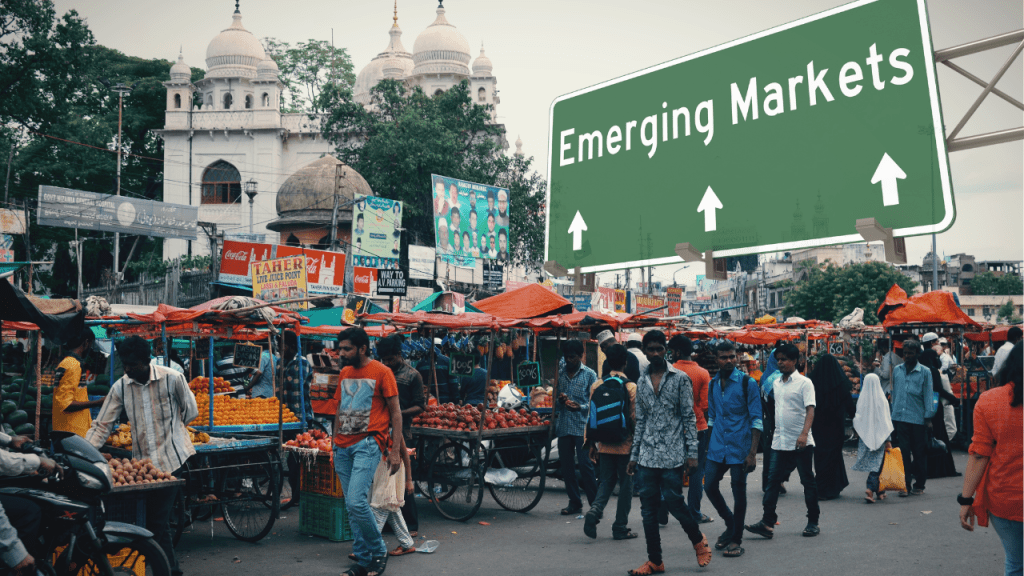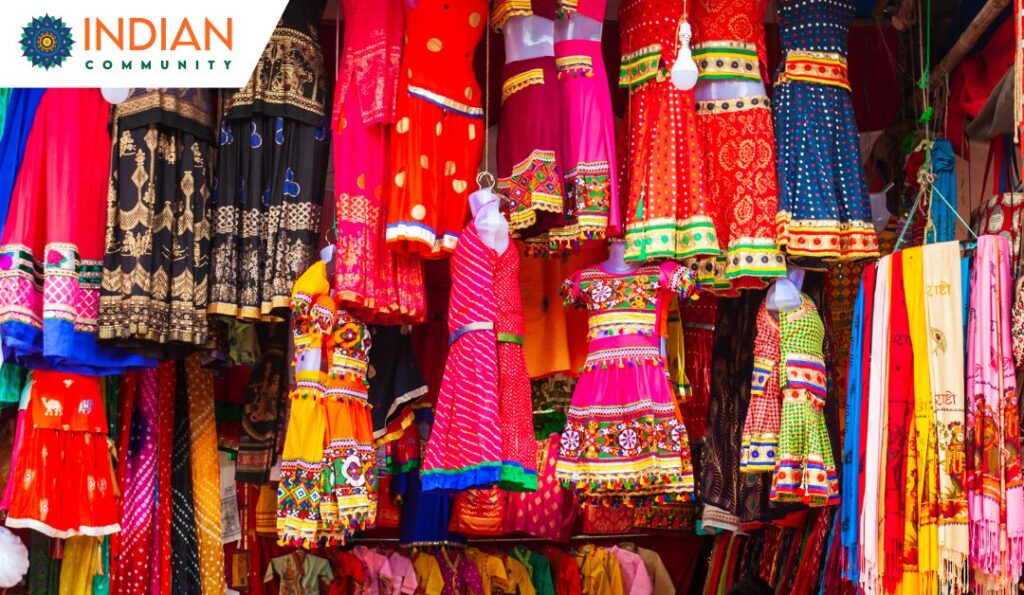Glocalization: Adapting Global Strategies for Indian Markets

As a Non-Resident Indian (NRI) looking to venture into the dynamic landscape of Indian markets, understanding the concept of “glocalization” can be a game-changer. This blog aims to shed light on how adapting global strategies to local nuances – glocalization – can lead to successful business ventures in India.
Decoding Glocalization
Glocalization is the art of blending global strategies with local adaptations. It recognizes the importance of tailoring products, services, and business approaches to meet the specific needs and preferences of a local market while leveraging global best practices.
Cultural Sensitivity
India is a tapestry of diverse cultures, languages, and traditions. Glocalization begins with a deep understanding of the local culture. Be aware of regional customs, festivals, and social norms to ensure that your business resonates with the people it aims to serve.
Language Matters
India boasts a multitude of languages, and communication plays a pivotal role in business success. Glocalization involves not only translating content but also ensuring that the language used is culturally sensitive and resonates with the target audience.
Adapting Produ0cts and Services
Tailor your products or services to suit the local taste and preferences. This may involve tweaking features, adjusting packaging, or even introducing new variations to align with the diverse consumer base in India.
Pricing Strategies
Glocalization also extends to pricing strategies. Consider the economic diversity in India and offer products or services at price points that cater to a wide range of consumers. This may involve creating different pricing tiers or introducing value-added options.
Localization of Marketing Campaigns
While global marketing campaigns may have been successful elsewhere, glocalization mandates adapting these campaigns for the Indian market. Use locally relevant imagery, messaging, and influencers to connect with your audience on a personal level.
Leveraging Digital Platforms
India has witnessed a digital revolution, and online platforms play a significant role in consumer engagement. Glocalization in the digital realm involves utilizing social media, e-commerce, and other platforms in a way that aligns with the preferences and behaviors of Indian consumers.
Government Regulations and Compliance
Indian markets come with their set of regulations and compliance standards. Glocalization requires thorough research and adherence to these guidelines to ensure a smooth and legally compliant business operation.
Local Partnerships and Collaborations
Building local partnerships can be instrumental in navigating the Indian market successfully. Collaborate with local businesses, influencers, or organizations to gain insights, establish credibility, and foster a sense of trust within the community.
Flexibility and Adaptability
The key to successful glocalization is flexibility. Stay attuned to the evolving needs of the market, be ready to adapt your strategies, and embrace change when necessary. A dynamic approach ensures that your business remains relevant in the ever-evolving Indian landscape.
Glocalization isn’t just a buzzword; it’s a strategic approach that recognizes the importance of marrying global efficiency with local relevance. As an NRI navigating the Indian market, embracing glocalization can be the key to building a sustainable and successful business that resonates with the hearts and minds of the diverse Indian consumer base.






